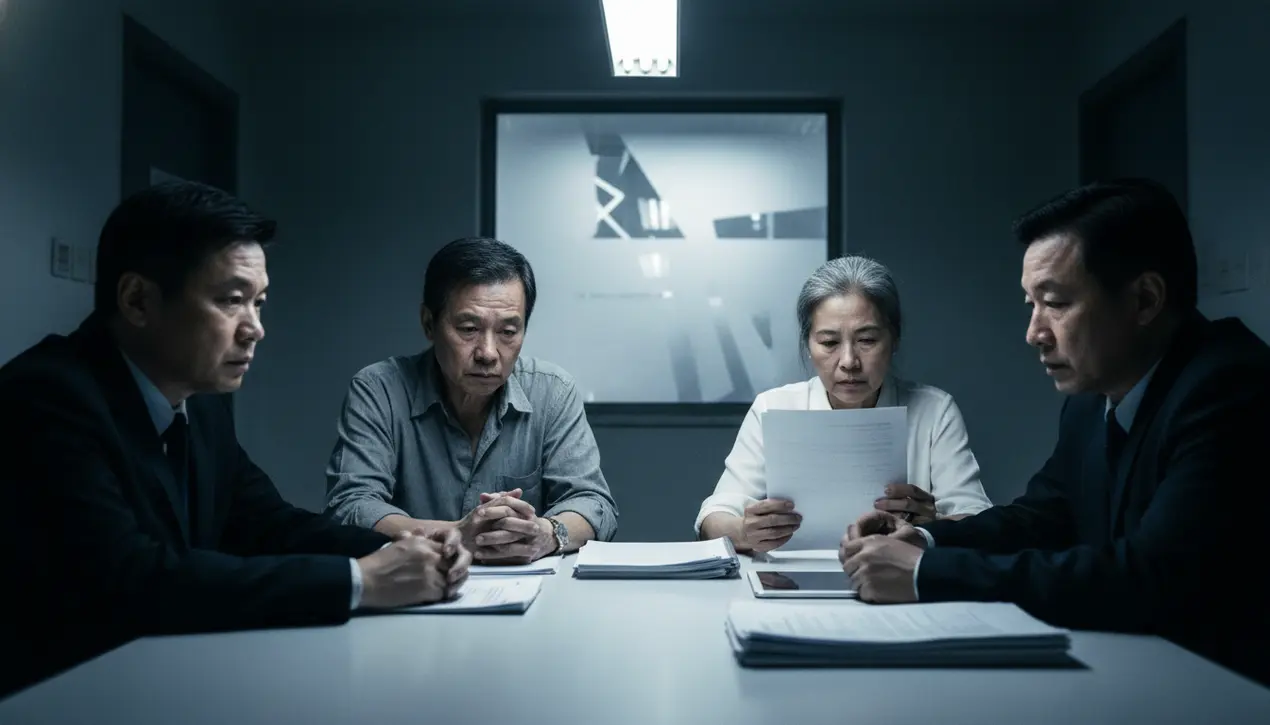
Politicscorruption & scandalsElection Fraud
Hong Kong arrests three for inciting election boycott.
RO
Robert Hayes
2 hours ago7 min read2 comments
In a decisive move underscoring the stringent legal environment governing Hong Kong's electoral processes, the city's Independent Commission Against Corruption (ICAC) has detained three individuals, aged between 55 and 66, for their alleged roles in an online campaign to incite a boycott of the upcoming Legislative Council election. The arrests, executed on Friday, target the suspects for reposting content that explicitly encouraged voters to either abstain from participation or cast invalid ballots, actions that directly challenge the integrity of the electoral system.This development is not an isolated incident but rather a continuation of a broader, more assertive pattern of enforcement since the implementation of the sweeping national security law in 2020, a legislative instrument designed to combat secession, subversion, terrorism, and collusion with foreign forces. The ICAC, an institution historically revered for its anti-graft campaigns, has increasingly found its mandate expanding into the politically charged arena of safeguarding electoral security, a shift that mirrors the central government's prioritization of stability in the Special Administrative Region.The legal basis for these arrests likely stems from provisions within the Elections (Corrupt and Illegal Conduct) Ordinance, which criminalizes any activity seen as undermining a fair election, a framework that has been interpreted with increasing breadth in recent years. When viewed through the lens of historical precedent, one might draw a parallel to the post-war measures in Western democracies aimed at curbing extremist influences, though the specific mechanisms and political context in Hong Kong are, of course, unique.The chilling effect on public discourse is palpable; online forums and social media platforms, once vibrant with political debate, now operate under a shadow of potential legal repercussions for what authorities deem seditious content. This case raises profound questions about the balance between national security and civil liberties, a tension that has defined political philosophy for centuries.While government supporters argue that such measures are essential to prevent the chaos and foreign interference that plagued the 2019 protests, critics and international human rights organizations see a systematic erosion of the 'One Country, Two Systems' framework, pointing to a narrowing space for dissenting voices. The consequences for the accused are severe, potentially carrying substantial prison sentences, which serves as a stark warning to others contemplating similar acts of defiance.From an analytical standpoint, this event is a critical data point in understanding Beijing's long-term strategy for Hong Kong: a methodical recalibration of its political ecosystem to ensure loyalty and predictability, a process that involves not just legal coercion but a fundamental reshaping of civic culture. The ICAC's statement that it will pursue the case in accordance with the law and established procedures, while seeking further legal advice, is a standard formulation that belies the high-stakes political theater at play. As Hong Kong continues its integration into the national governance model, the world watches to see if this fortified electoral process will produce a council that truly reflects the will of the people, or merely a curated assembly endorsing a pre-ordained political trajectory.
#Hong Kong
#Legislative Council Election
#ICAC
#Arrests
#Incitement
#Spoiled Ballots
#Election Boycott
#featured
Stay Informed. Act Smarter.
Get weekly highlights, major headlines, and expert insights — then put your knowledge to work in our live prediction markets.
Comments
Loading comments...
© 2025 Outpoll Service LTD. All rights reserved.